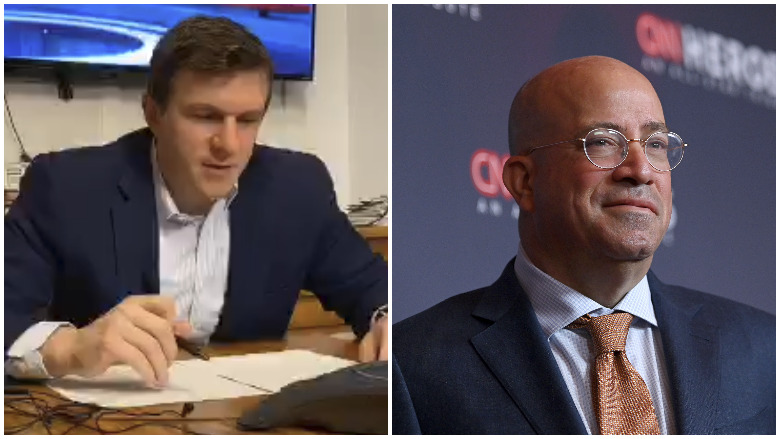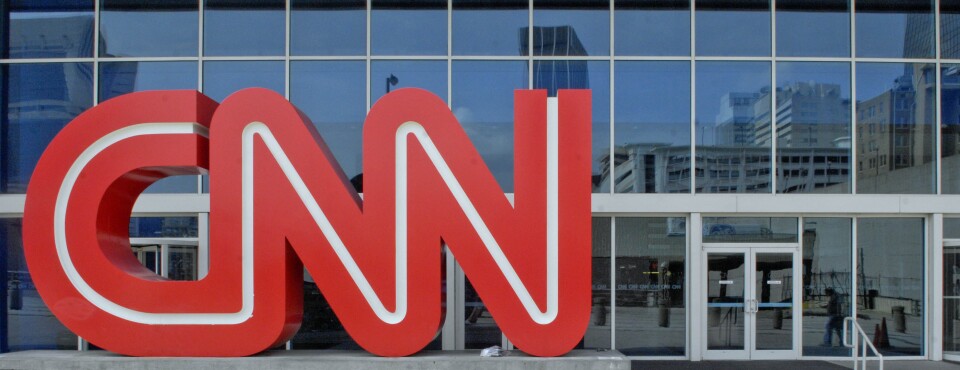Recently, the 11th U.S. Circuit Court of Appeals in Atlanta ruled that Project Veritas has sufficient grounds to pursue a defamation lawsuit against CNN under New York law. This lawsuit stems from allegations that Ana Cabrera, a CNN host, inaccurately claimed on-air that Project Veritas was banned from Twitter for “promoting disinformation.”
Here's ads banner inside a post
Project Veritas and the Fight to Protect Its Reputation
Project Veritas, a nonprofit organization known for publishing undercover investigative videos, argues that Cabrera’s remarks significantly damaged its reputation and credibility. According to Project Veritas, CNN’s statements were false and misleading, causing the public to misunderstand the real reasons behind the Twitter ban. James O’Keefe, the founder of Project Veritas, insists that his organization adheres to journalistic ethics and does not “promote disinformation” as CNN implied.
In its decision, the 11th U.S. Circuit Court emphasized that Project Veritas presented sufficient evidence to suggest that CNN may have acted with “actual malice”—meaning CNN either knew its statements about Project Veritas were false or recklessly disregarded evidence indicating otherwise. This is a key factor in U.S. defamation law, as Project Veritas must prove that CNN not only made false statements but also acted with intent to harm or showed a disregard for the truth.
CNN’s Complex Legal Case
CNN and its legal team have not yet responded to media requests for comments. Project Veritas’s lawyers also haven’t provided any clear answers regarding their next steps. However, legal experts suggest that the 11th Circuit Court’s decision could lead to a new, dramatic phase in the legal confrontation between the two parties.
Here's ads banner inside a post
This is not the first time Project Veritas has faced questions about the credibility of its published videos and information. However, this lawsuit against CNN carries particular weight because, if Project Veritas wins, it could become a landmark victory in its efforts to protect its reputation against accusations from major media outlets. Project Veritas has stated that it intends to pursue this lawsuit to the end to restore justice and defend its reputation.
The Importance of “Actual Malice” in U.S. Defamation Law
Under U.S. defamation law, to succeed in cases involving defamation and slander, the plaintiff must prove that the defendant acted with “actual malice.” This means the defendant knew their statements were false or acted with a careless disregard for verified information. This high legal threshold is meant to protect freedom of speech and the press in the U.S. However, in Project Veritas’s case, the Court has ruled that it presented strong enough initial evidence to suggest that CNN may have violated this standard.
The allegation that CNN acted with “actual malice” is not only a legal issue but also deeply impacts the reputation of one of the world’s largest media networks. If Project Veritas can prove this in court, CNN could face significant damages and be held accountable for statements that seriously impacted Project Veritas’s reputation.
Here's ads banner inside a post
Significance for the Media and Freedom of Speech
The lawsuit between Project Veritas and CNN also raises questions about the responsibility of large media outlets when reporting and sharing information. As the public grows more sensitive to fake news and misinformation, a defamation lawsuit against a major network like CNN serves as a stern warning for the media industry.
Experts suggest this lawsuit could be a pivotal case in defining the boundaries between freedom of speech and journalistic responsibility. If Project Veritas prevails, it could set a legal precedent that encourages other individuals and organizations to protect their reputations against inaccurate statements made by the media.
Project Veritas’s Future and Implications for Media Organizations
Project Veritas, as an organization specializing in releasing undercover investigation videos, has long been a controversial entity. Its videos and information often expose alleged wrongdoings in various fields, but the organization has also faced criticism regarding the accuracy and ethics of its methods. This lawsuit against CNN gives Project Veritas an opportunity to reaffirm its credibility and serves as a test of its ability to defend its reputation against powerful media outlets.
With the ruling from the 11th Circuit Court of Appeals, Project Veritas now has a legal advantage as it moves forward with the case. However, experts caution that there are still challenges ahead, as the organization will need to gather and present compelling evidence to prove that CNN violated defamation law with intentional wrongdoing.
This lawsuit affects not only the reputations of Project Veritas and CNN but could also have significant implications for the media industry and U.S. law, raising important questions about accountability and freedom of the press in today’s information age.

